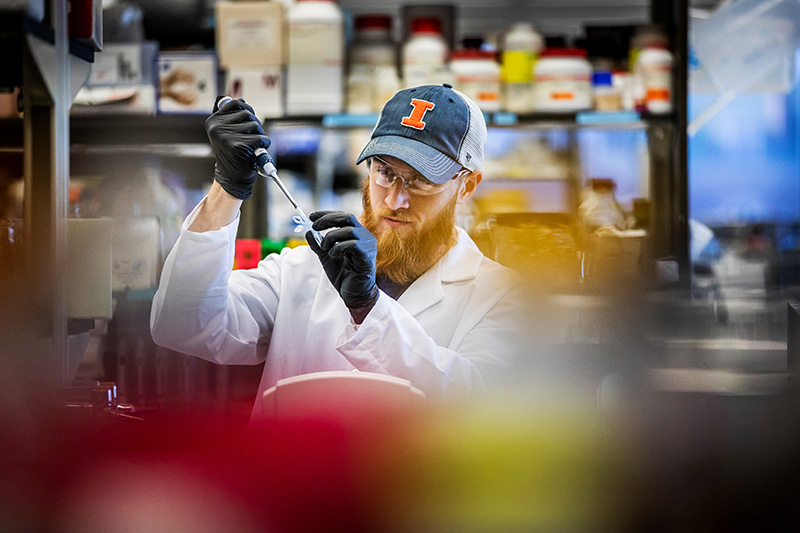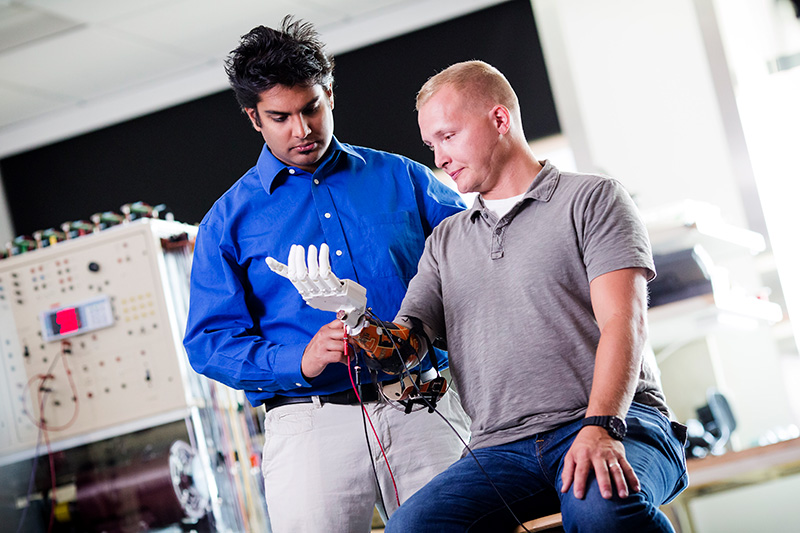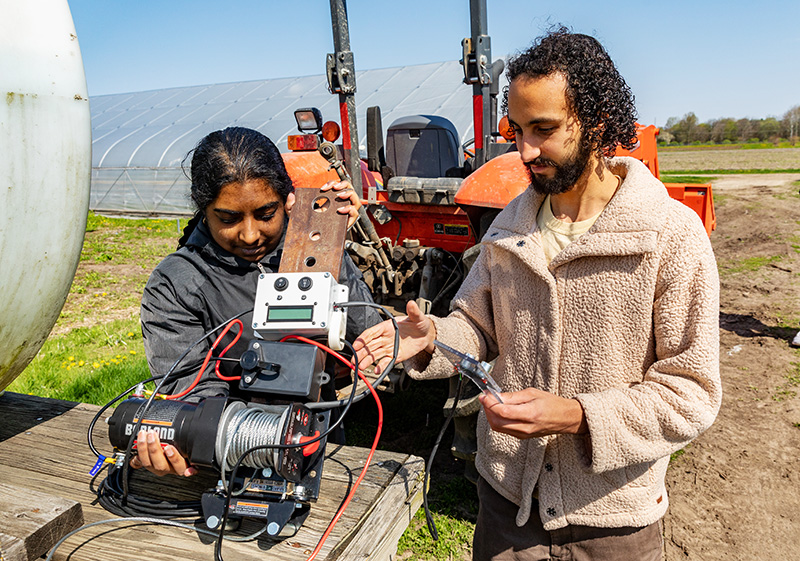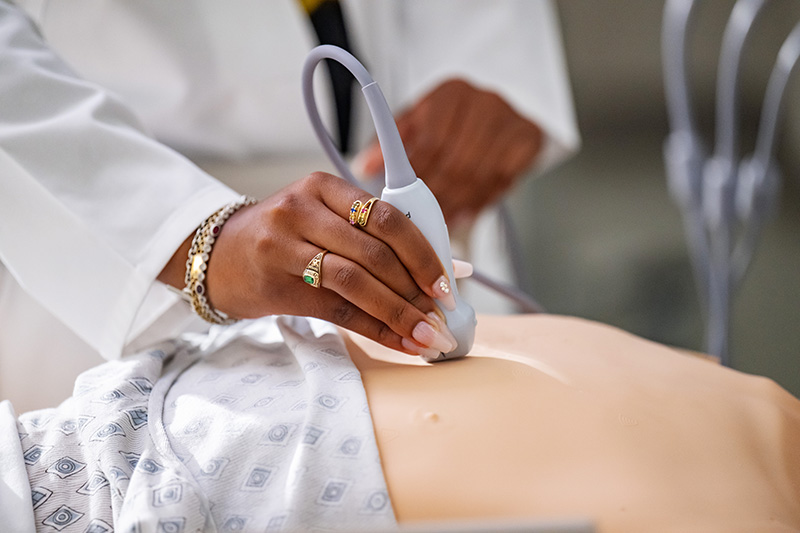Hello, future engineer. Maybe you’ve always known this was your dream career, or maybe you’re just now doing some research into the subject. Either way, at some point you’ve probably had the realization that engineering is not a one-size-fits-all major. In fact, there are several different engineering emphases. What’s the difference between them? Which one is right for you?
In this blog post, we’re going to look at one subset of engineering options—chemical, neural, agricultural & biological, and bioengineering. That’s a lot of different engineers, so let’s get started.

Chemical Engineering
Interested in creating new materials, improving medications, or crafting an addicting new snack food? Try chemical engineering. Since you know your root words, it may not surprise you to learn that chemical engineering is heavily based in chemistry. You’ll need this chemistry background in order to solve problems related to fuel, drugs, food, and more. Of course, you’ll also be studying physics and math to better understand cutting-edge topics like momentum transfer, reactor design, and beyond.
Careers for a chemical engineer include …
- Advanced materials
- Consumer products
- Food and beverage
- Fuels and energy
- Pharmaceuticals
- Plastics
Chemical Engineering at UIUC
At UIUC, chemical engineering is hosted in the College of Liberal Arts and Sciences. You can choose between two specializations within chemical engineering: straightforward chemical engineering, or biomolecular engineering. While both require a strong background in chemical engineering, biomolecular engineering has more focus on bio-applied processing and technology.

Neural Engineering
Neural engineering is all about understanding, improving, and repairing the human nervous system. Sound like a big job? You’re right! You’ll be studying the intersection of neuroscience and engineering in order to improve people’s lives by helping provide solutions to chronic pain, increasing mobility in patients with paralysis, restoring hearing, and other exciting developments. As a neural engineer, you’ll likely use elements of robotics, materials science, nanotechnology, computer engineering, and more in your studies.
Careers for a neural engineer include …
- Healthcare Engineer
- Neuroengineer
- Data Platform Engineer
- Quality Engineer
- Research Engineer
- Clinical Engineer
Neural Engineering at UIUC
This major, run through the Grainger College of Engineering, will give you a solid understanding of the fields of neuroscience, bioengineering and computer science. You’ll study neural circuits and systems, neural data analysis, and more!

Agricultural & Biological Engineering
Agricultural and biological engineering prepares you to address global challenges related to food, water, energy, and the environment. This discipline protects humankind’s resources in a sustainable, resilient, and innovative way. If you’re passionate about how we interact with the environment, energy, or agriculture, direct those passions here!
As an agricultural and biological engineering major, you’ll study complex living systems. You’ll also learn how to improve the way we use our resources and produce our food, energy, and water while upcycling wastes into renewable resources. Sounds pretty great, right?
Careers for an agricultural or biological engineer include …
- Alternative energy systems
- Automation
- Food engineering
- Government work
- Hydrology, drainage, water quality, & irrigation
- Off-road equipment
- Supply chain analytics
- Urban agriculture
Agricultural & Biological Engineering at UIUC
At UIUC, first-year students interested in agricultural and biological engineering apply to our College of Agricultural, Consumer, and Economic Science (ACES) and then move to The Grainger College of Engineering to complete the degree. Transfer students apply directly to The Grainger College of Engineering. You can choose one of two concentrations and one of seven specializations, which are listed on the College of ACES website. All are essential to the well-being of our planet!

Bioengineering
Put very simply, bioengineering is the application of math and science to solve problems in health care and biology. If you’ve ever had an MRI scan or an ultrasound, you’ve benefited from bioengineering. Bioengineers work towards improving the physical human condition, from predicting epilepsy to improving methods of identifying cancer cells and more. Bioengineering and neural engineering share some similarities in that regard, but bioengineering covers a broader range of the human body.
Careers for a bioengineer include …
- Bioinformatics
- Genomics
- Health care
- Pharmaceuticals
- Medical devices
- Laboratory & research facilities
Bioengineering at UIUC
The Grainger College of Engineering hosts UIUC’s bioengineering program. If you choose bioengineering as your major, you can expect to use biology, chemistry, physics, and math on your quest to improve human health.
In Conclusion
The beauty of engineering is its variety, and the majors we covered above are only a few of the many options out there. Whether you want to help fight disease or create an alternative to plastic, there’s an engineering major for you! And if you’re not sure exactly what kind of engineer you want to be yet, give yourself some time. There’s always a place for people who want to build something great.












Add comment